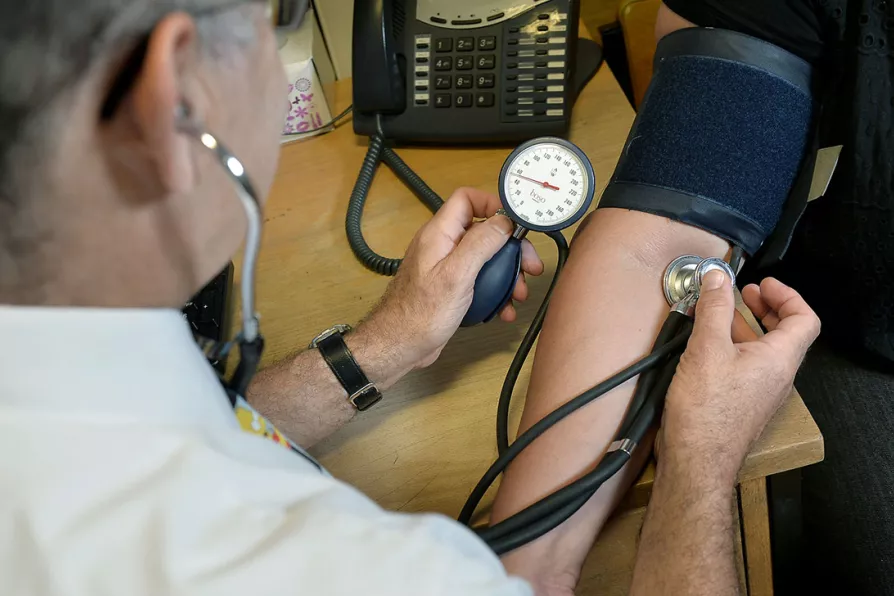Historic GP industrial action threatens to bring NHS to a ‘standstill’

 A doctor checking a patient's blood pressure at the Temple Fortune Health Centre GP Practice near Golders Green, London
A doctor checking a patient's blood pressure at the Temple Fortune Health Centre GP Practice near Golders Green, London
FAMILY doctors are ready to bring the NHS to a standstill with their first industrial action since 1964.
GPs in England are poised to vote for collective action in a ballot that closes today.
The industrial dispute is over the new contract for GP services in England; the collective action would start on August 1 and could last for months.
Similar stories














